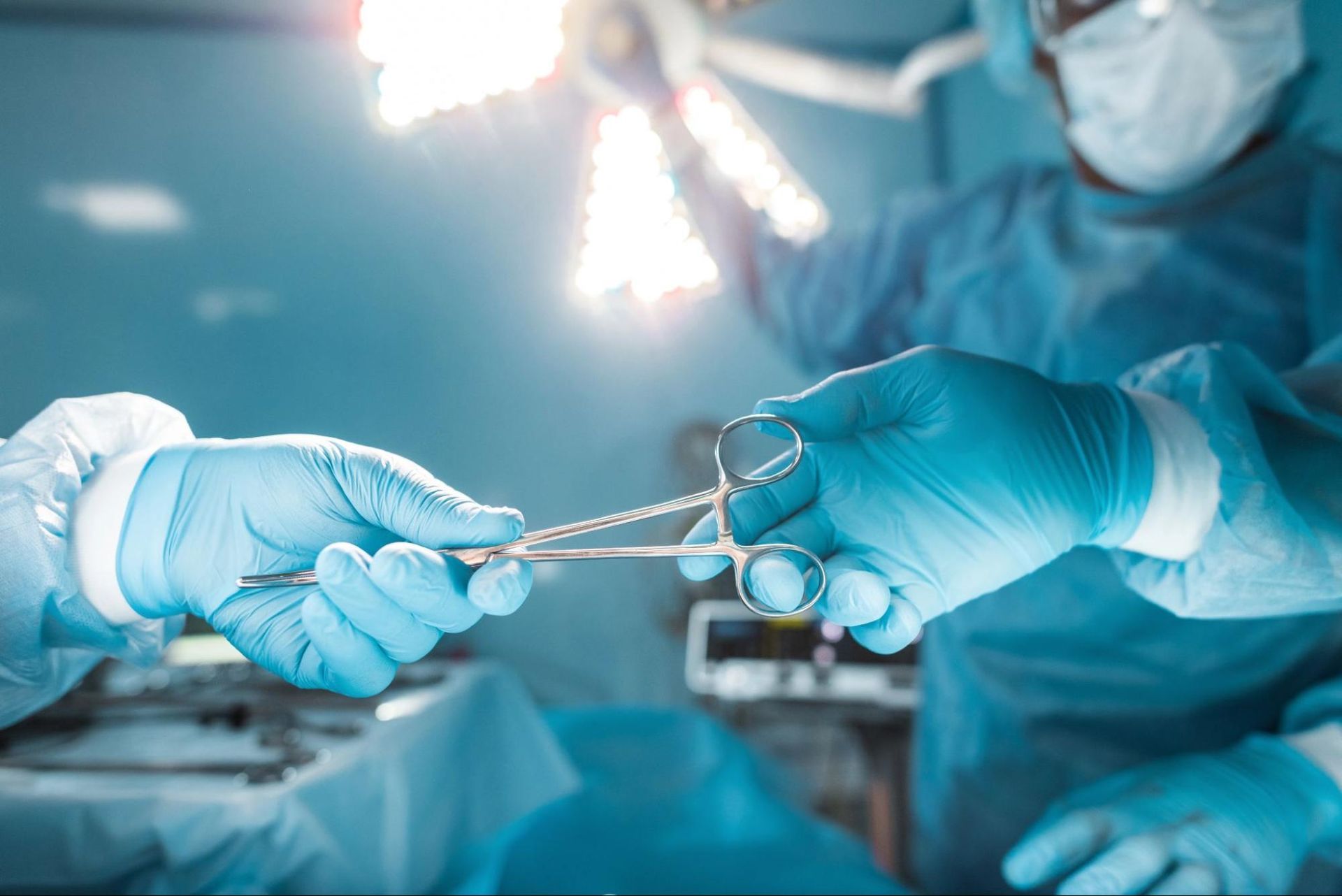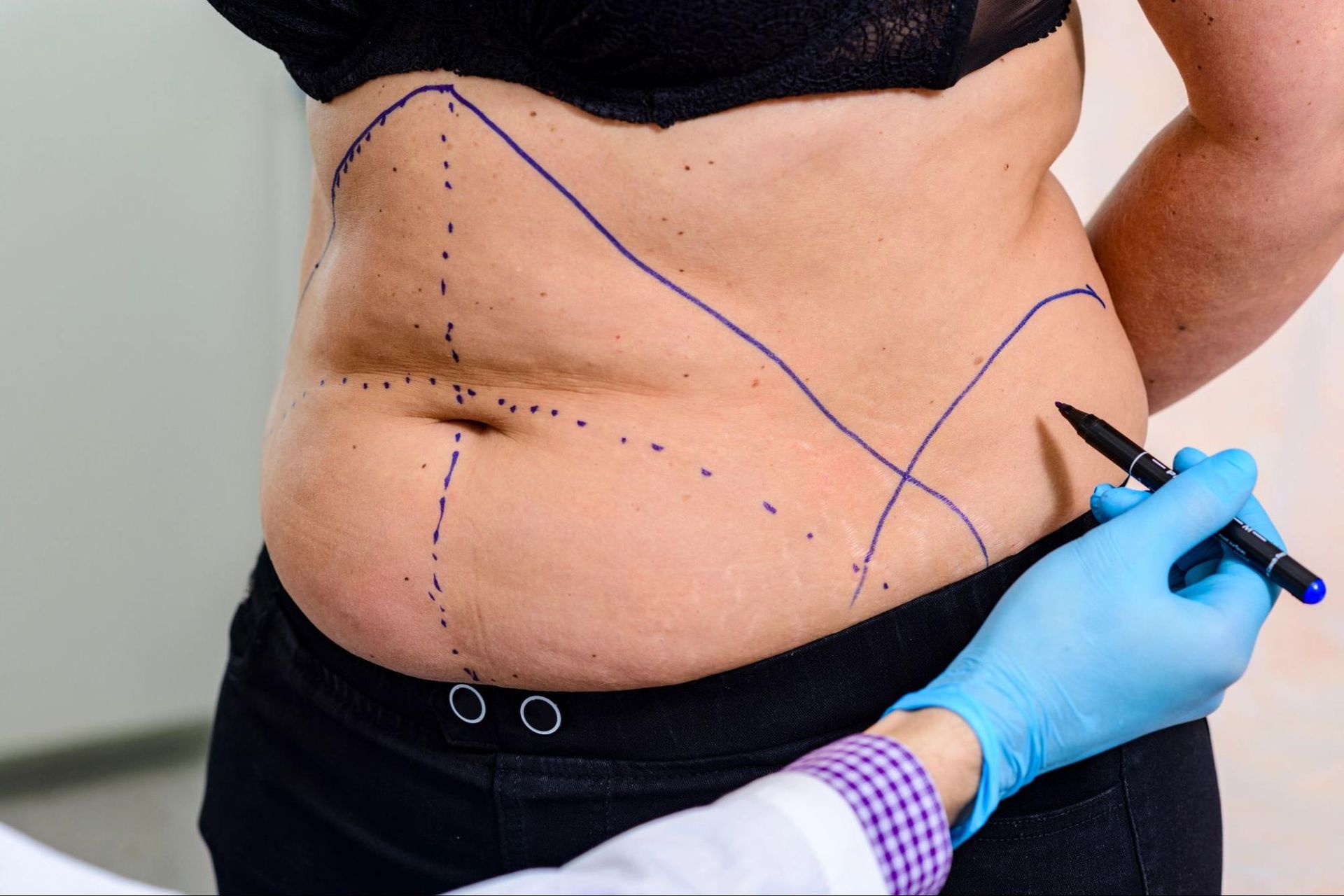Top Tips for Successfully Navigating a Very Low Energy Diet (VLED) Before Bariatric Surgery
Preparing for bariatric surgery is a major step towards improving your health and well-being. However, following a Very Low Energy Diet (VLED) in the weeks leading up to surgery can be challenging. If you’re feeling overwhelmed, know that you’re not alone—many patients find this phase difficult. But with the right strategies, you can stay on track and successfully complete the preoperative diet.
Here are 12 expert tips to help you stay compliant and make the VLED process smoother and more manageable.
1. Plan Ahead and Be Prepared
Preparation is key to success. Before starting your VLED, make sure you have all the essentials:
- Meal replacements (Optifast®, Formulite, or other approved shakes, bars, and soups)
- Allowed vegetables for added nutrition and fiber
- A meal plan to avoid last-minute food choices
Having everything ready will
reduce stress and help you stay compliant without the temptation of unhealthy options.
2. Prioritize Protein for Optimal Nutrition
Protein is essential for preserving muscle mass during rapid weight loss. Ensure you’re consuming at least three meal replacement products per day, such as:
- Shakes
- Bars
- Soups
These are specifically formulated to provide the right balance of protein, vitamins, and minerals while keeping you full.
3. Get Creative with Flavors and Textures
A VLED doesn't have to be boring! To keep your diet interesting and sustainable:
- Mix different meal replacement flavors
- Choose a bar instead of a shake for variety
- Add approved vegetables to soups for extra flavor and texture
This small effort can make a big difference in maintaining long-term compliance.
4. Try New Recipes Using Allowed Vegetables
Sticking to a strict diet doesn’t mean sacrificing taste. Use VLED-approved vegetables to create delicious, low-calorie meals, such as:
- Fresh salads with lemon juice and herbs
- Roasted vegetables with garlic and spices
- Soups made with broth and blended veggies
- Grilled vegetable skewers
Planning meals in advance will help you stay satisfied while following your VLED guidelines.
5. Include at Least Two Cups of Vegetables Daily
Non-starchy vegetables provide fiber, bulk, and essential nutrients to keep your digestion healthy. Make sure to include at least two cups per day from the approved list.
Examples of allowed vegetables:
- Cucumber
- Spinach
- Capsicum
- Broccoli
These help with satiety and digestion without adding extra calories.
6. Have an Emergency Snack Plan
When you're out and about, temptations can be hard to resist. Keep a meal replacement bar or a pre-mixed shake with you to avoid grabbing unhealthy foods. Having a backup plan ensures you stay on track with your diet.
7. Remember: The Hunger Phase is Temporary
Feeling hungry during the first few days is completely normal. By day 3, your body will enter ketosis, and hunger will naturally decrease. Stay strong and remind yourself that:
- This phase is temporary
- It’s a crucial step to reduce liver size for a safer surgery
- Your body is adapting to burning fat for energy
8. Stay Hydrated to Reduce Hunger and Fatigue
Water is your best friend during the VLED! Drink at least 2 litres of water daily to:
- Prevent dehydration
- Reduce hunger pangs
- Avoid constipation and headaches
Set reminders on your phone or keep a water bottle with you to stay hydrated throughout the day.
9. Prevent Constipation with Fiber
Constipation is common during rapid weight loss. To stay regular, consider adding a fiber supplement like:
- Metamucil®
- Psyllium husk
- Benefiber®
Always check with your dietitian or doctor before taking any supplements.
10. Manage Cravings with Smart Choices
If cravings strike, don’t panic! Try these low-calorie, compliant alternatives:
- Warm broth for a savory fix
- Black tea or coffee (with no sugar and just a splash of milk)
- Sparkling water for a refreshing twist
These options can help curb hunger without breaking your VLED plan.
11. Build a Strong Support System
Having support can make a world of difference in your weight loss journey. Surround yourself with:
- Family and friends who encourage you
- Your bariatric team for guidance
- Online communities for shared experiences
A strong support network will help you stay motivated and accountable.
12. Enhance the Taste of Your Shakes
Some people find meal replacement shakes too sweet or bland. Here are some tips to make them more enjoyable:
- Use ice-cold water for a refreshing taste
- Blend with ice for a smoothie-like texture
- Drink slowly to savor the flavor
This small adjustment can improve the overall experience of following your VLED.
Following a Very Low Energy Diet (VLED) before bariatric surgery can be challenging, but with the right approach, it’s completely manageable.
- Stay prepared
- Get creative with meals
- Drink plenty of water
- Build a strong support network
By following these 12 expert tips, you’ll successfully navigate your preoperative diet and set yourself up for a smooth surgery and long-term weight loss success!


















